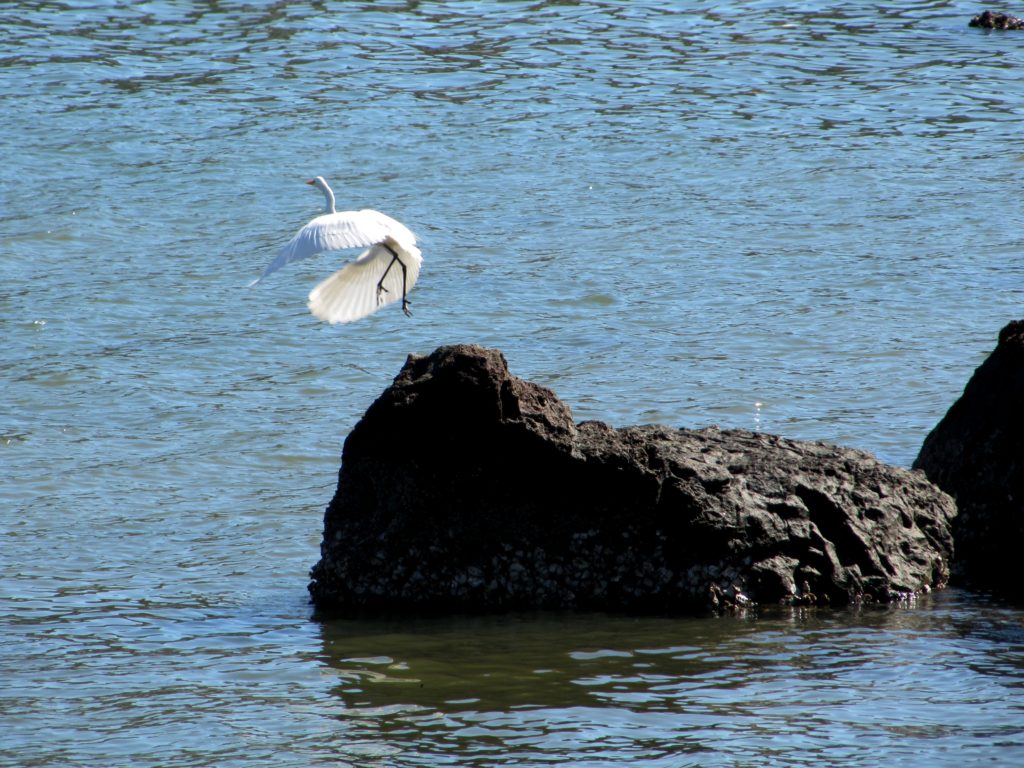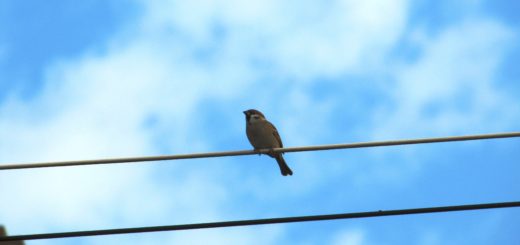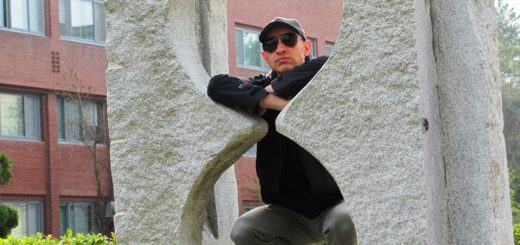Independence Day
The United States of America, a society of business and diligence, was never temperamentally suited to be a land of great authors and composers — and yet Igor Stravinsky and Aldous Huxley, men from very different backgrounds and sensibilities, immigrated to America and became great friends there. Ralph Waldo Emerson is the one writer Nietzsche mentions with unqualified deference; Herman Melville invented the great metaphysical metaphor of the past two centuries; Emily Dickinson was history’s definitive recluse poet.
The United States of America, a land of almost inexhaustible productivity and the accompanying vice of overvaluing “success,” was never a society naturally conducive to the slow sobriety of profound historical reflection — and yet, due in part to the forced relocation of German Jew Leo Strauss, the most important essay on modern academic life, The Closing of the American Mind, was written by a man raised in Indianapolis, Allan Bloom; and perhaps the most trenchant critic of post-Hegelian anti-metaphysical thought was Stanley Rosen, from Cleveland. Two boys from the practical-minded Midwest — “flyover country” — who made extraordinary contributions to the theoretical life of late modernity.
The United States of America is notorious, all the more so in politically convenient retrospect, for its historical abuses of, and injustices toward, black people — and yet has engendered a greater number of truly significant black thinkers and artists than all the rest of the late modern world combined. Frederick Douglass was the escaped slave as international man of letters; Duke Ellington became a global ambassador of the first rank; Thomas Sowell is the most valuable popular conservative intellectual of his time.
Though not a land with a natural propensity to high art, America attracted many of the world’s greatest artists with her practical freedom, as well as giving birth to a few of her own who, in entirely different ways, made freedom their life’s theme. Though not a country inclined toward the spiritual aristocracy of the philosophic life, she became a “melting pot” not only for the world’s peoples, but also for its theoretical endeavors of the highest order. Though a republic of natural rights with an almost fatal contradiction in its inception, America became the most fertile soil of spiritual growth for the descendants of even its most ill-treated people.
What did individuals as diverse as Stravinsky, Huxley, Emerson, Melville, Dickinson, Bloom, Rosen, Douglass, Ellington, and Sowell see in America? Not perfection, of course. For that is not what any serious mind seeks in a country, anymore than in a man. What one seeks is evidence of a capacity and a will to redeem imperfections, to learn from mistakes, and to tolerate unorthodoxy and dissent in a way that is possible only for a society that reveres the idea of the individual as The United States of America once did.
All earthly life has a beginning and an end. Aristotle argues that, life’s vicissitudes and hardships being both unavoidable and unpredictable, it is impossible to judge whether a man has lived a happy (well-blessed) life until after he has died, because one must see the complete arc of a life to determine its ultimate meaning. The same, we must concede, is true of our judgment of political entities. For example, ancient Athens endured long wars, suffered ignominious defeat, engaged in the repeated persecution of its great thinkers, was subjected to tyranny, and in the end slowly declined into absorption by other powers. And yet now, looking back at the whole picture encompassed by the name Athens, we focus not on the defeats, follies, and imperfections, but rather marvel at the first flowering of democracy, the maturation of both tragedy and comedy, the historic developments in sculpture and architecture, the peak of Homeric civilization, and of course the greatest thunderclap of rational thought that the world has ever heard.
Likewise, when the bell tolls for The United States of America, I think it most likely that the ultimate judgment of posterity will be that she was well-blessed. That is to say, the future, looking back at what America was, will focus not on the internal injustices and corruptions, the external defeats and threats, the frustrating anti-intellectualism, the tendency to vulgarization in art and entertainment, and the gradual drift away from republicanism into the fatal excesses of “pure democracy” and demagoguery. Rather, the future will see all the artists who flocked to the freest country of its age, many of them seeking safety from tyranny or conflict elsewhere; the undercurrent of respect for the independent mind, and for the human tradition, that made America home to the once-greatest universities of late modernity; the fruits of practical liberty elevating the general population — or rather allowing the majority of the population to elevate itself — to a level of comfort and leisure previously unthinkable to the lower half of any citizenry; the descendants of an enslaved race rising to positions of highest esteem and tremendous public influence right there amid the same society that held their parents or grandparents in chains; the unprecedented military power that applied its strength not in conquest but in the cause of defending the universal rights of man; and, perhaps above all, the one and only country in the history of the world explicitly founded on the premise that if the individual human being is to live in freedom, then his government must live in chains — that this choice is logically unavoidable: Either man or his government will be limited.
This legacy, it seems to me, will be found, in the final analysis, to add up to a most meaningful and admirable life — a happy life, all in all, residing in the pantheon alongside the rarest of well-blessed political lives.
What I must do is all that concerns me, not what the people think. This rule, equally arduous in actual and in intellectual life, may serve for the whole distinction between greatness and meanness. It is the harder because you will always find those who think they know what is your duty better than you know it. It is easy in the world to live after the world’s opinion; it is easy in solitude to live after our own; but the great man is he who in the midst of the crowd keeps with perfect sweetness the independence of solitude.
— Emerson, “Self-Reliance” (1841)



